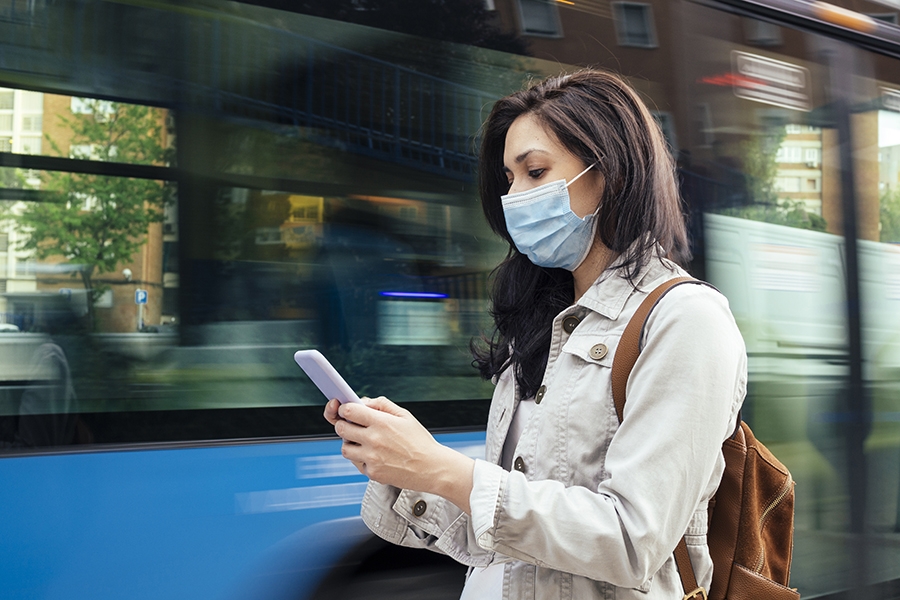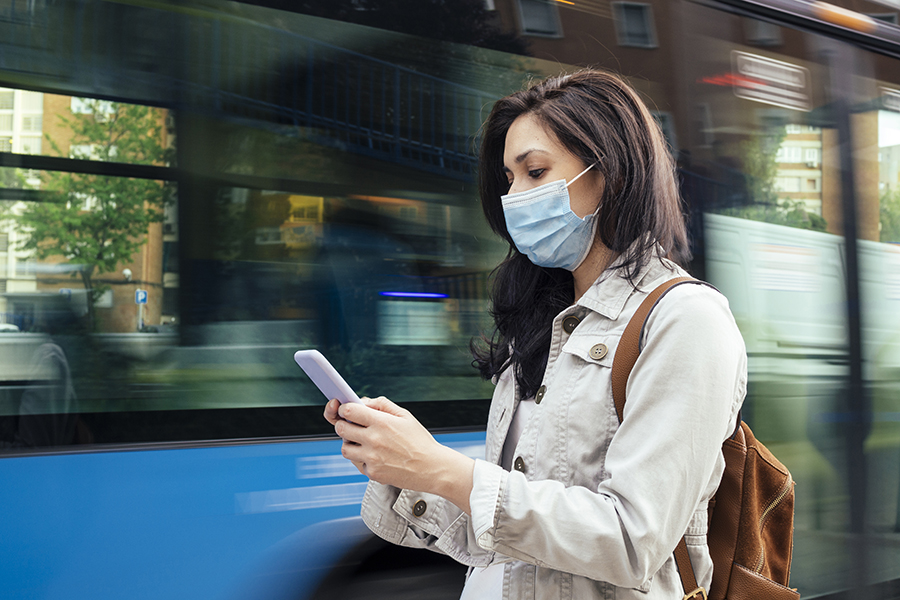

As we continue to live through a pandemic and pursue its end, we hold on to what we’ve learned, seek to regain what we’ve lost, and continue to build a more sustainable world — and technology increasingly informs virtually every aspect of our lives, bringing both risks and rewards.
Where will it take us in 2022?
We asked Georgia Tech faculty and research experts to forecast what they see as potential trends for the coming year, based on recent events and what’s on the horizon.
Twinning for Safety, Efficiency, and Savings in Commercial Construction
As communities look to improve service through technology, more and more are interested in an emerging field known as smart city digital twins — a concept that originated here at Georgia Tech.
A Smart City Digital Twin is a virtual platform that utilizes data and internet-of-things technology to replicate and emulate changes happening in a real city’s infrastructure systems to provide insight that could help improve sustainability, resilience, and livability.
“It’s a bringing together of the virtual and the physical worlds, where you create a virtual version of the real-world system and you stream data into it,” says John Taylor, the Frederick Law Olmsted Professor in the School of Civil and Environmental Engineering,
“What the digital twin does is allow you to monitor how the system is performing, but importantly, it can also allow you to see potential issues that are coming up before they actually occur. And you can do scenario analysis and simulation with that data to determine what the future state might be.”
Director of the Digital Building Lab at Georgia Tech, Russel Gentry, has seen the benefits this brings in planning, project management, and cost savings.
In the coming year, Gentry expects the idea of a digital twin to grow exponentially as its uses expand. Digital twins will be used to test building safety and efficiency, and even retrofitting existing buildings with new and improved technologies.
Improving Transportation
As the workforce and workplaces change, traffic patterns and transportation needs are changing as well.
And while advanced technology offers solutions, many communities are faced with significant challenges stemming from residents’ diverse technological barriers and travel needs.
In 2022, Georgia Tech researchers are working to develop systems that will improve travel mobility, safety, equity, and sustainability, using the city of Peachtree Corners, Georgia, as an immersive living lab.
For underserved and underrepresented residents, the solutions will include strategies to overcome information deserts in lower-income neighborhoods, age-related technology savviness issues for senior residents, and reduced access to smartphones and transportation options.
“By the end of this project, we hope to have a framework that can be transferred to any city with a smart and connected framework,” says the project’s principal investigator, Frederick R. Dickerson Chair and Professor Srinivas Peeta.
Click here to read what other Georgia Tech faculty members forecast for the year ahead.
